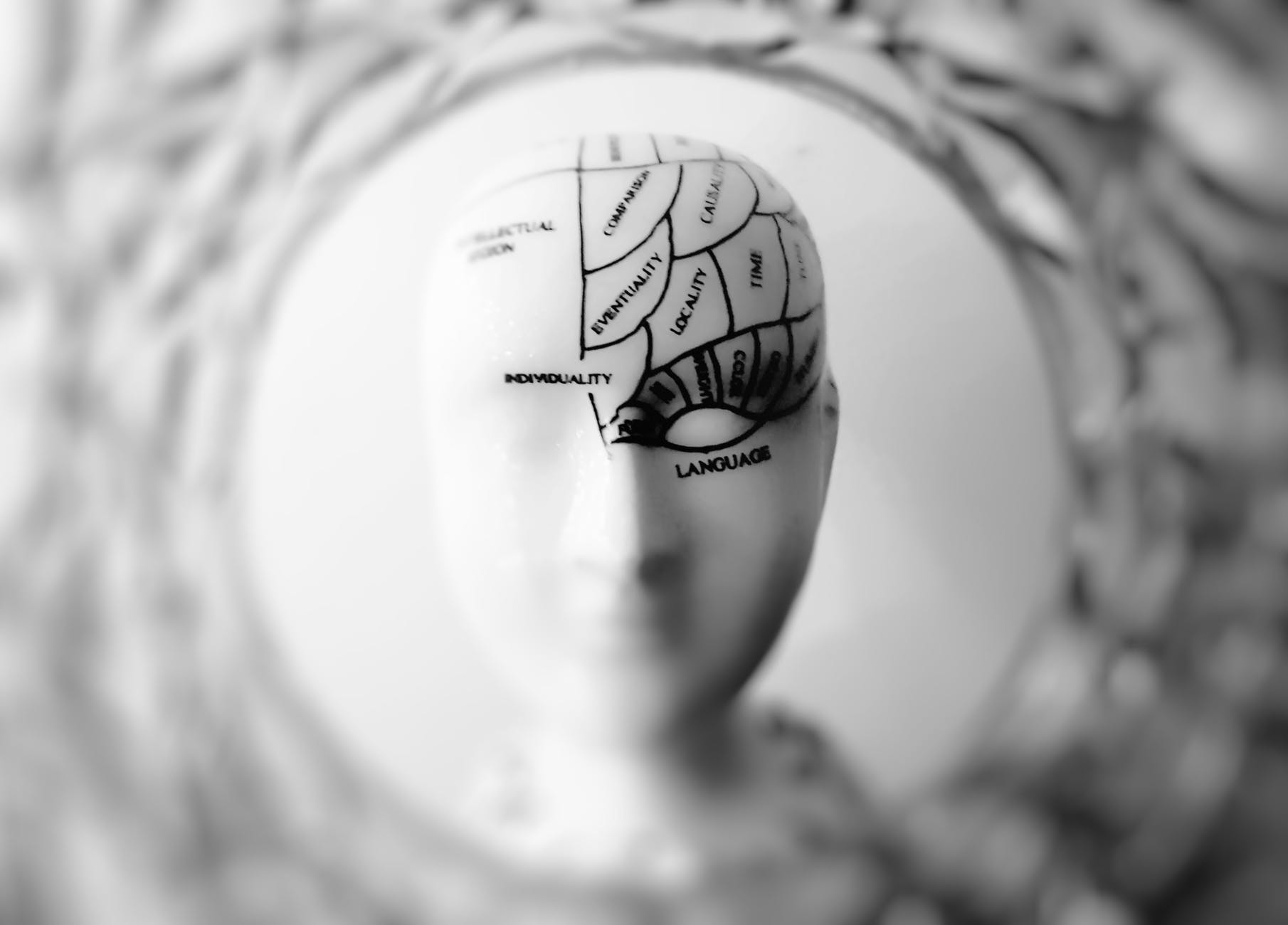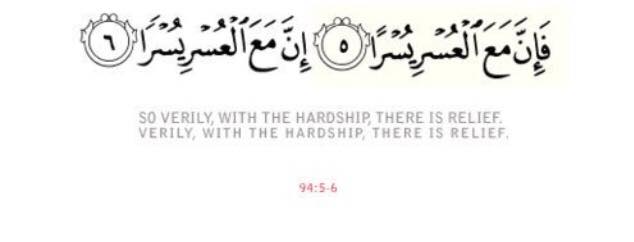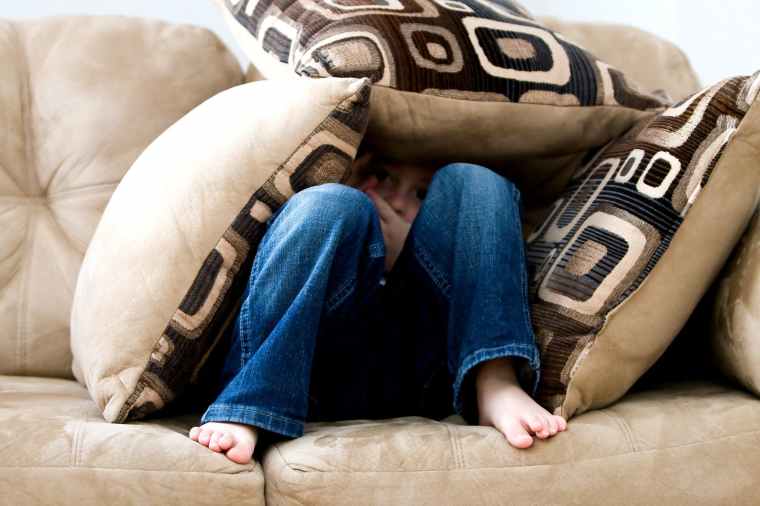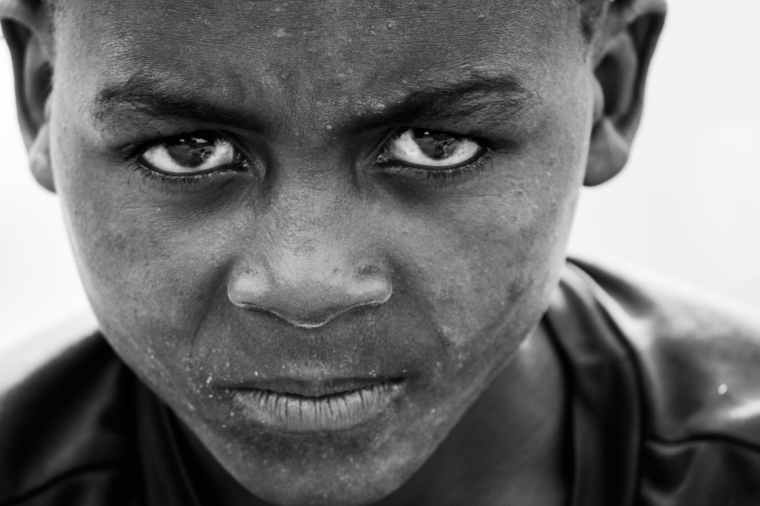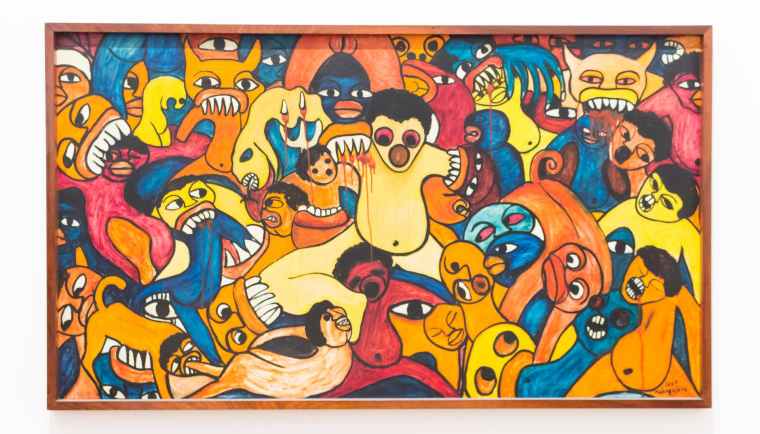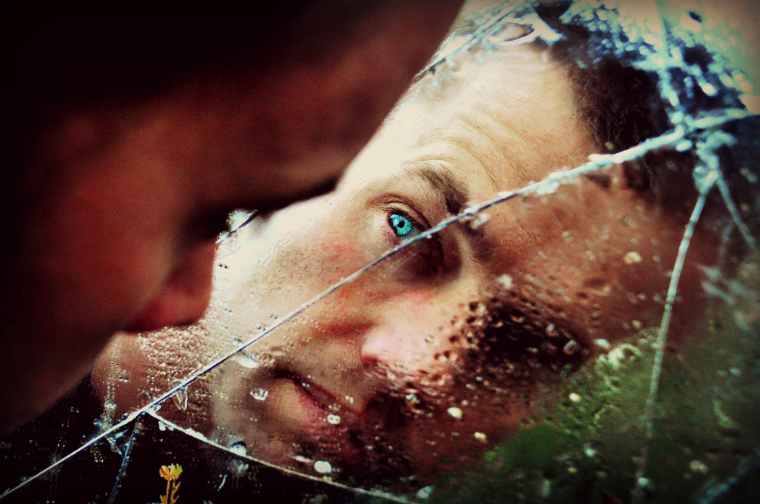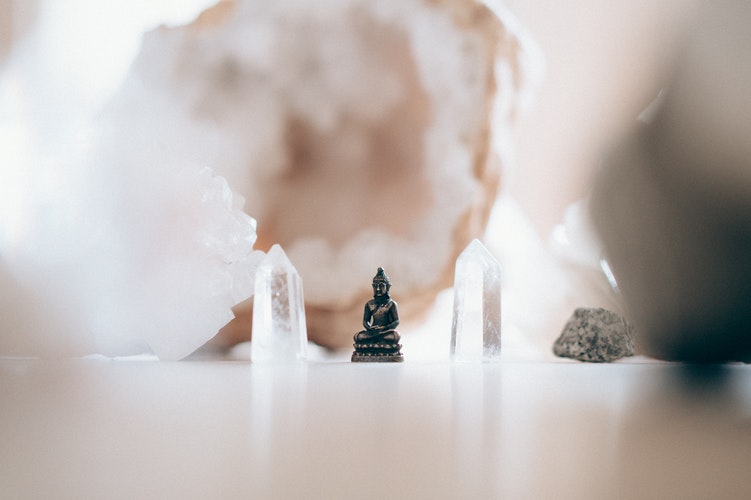If you think dealing with emotions is difficult, imagine how much more difficult it is for kids.
It’s important to acknowledge children’s feelings and to help them make sense of them in a way that empowers them to be emotionally intelligent.
Here are some books that we enjoy reading at home.
“Everybody feels sad!” by Moira Butterfield, “”I’m feeling scared” by Lisa Rogen, and “Lots and lots of feelings” by J Moore-Mallinos and G Mazali are all excellent books. They have really helped me understand negative feelings from the perspective of a child, and they have helped my own children open up about their own negative feelings. They offer excellent advise on the best way to deal with yucky feelings, how to express them constructively, and who to open up to.
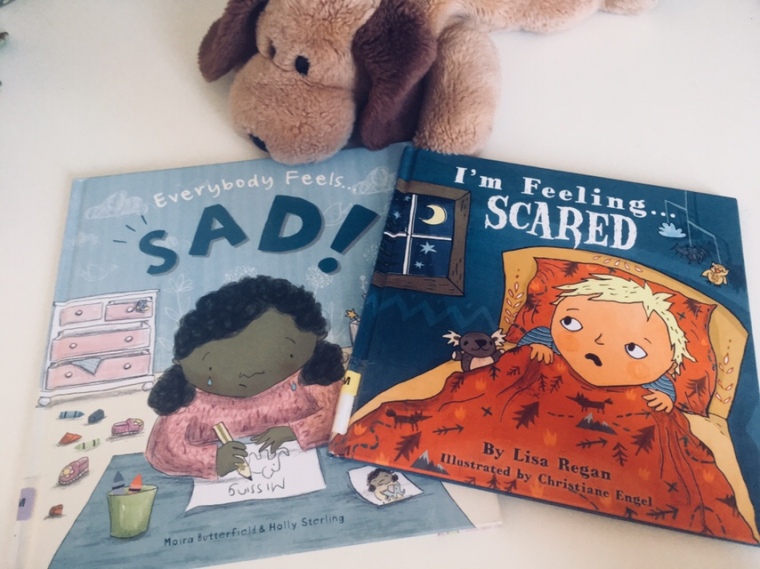
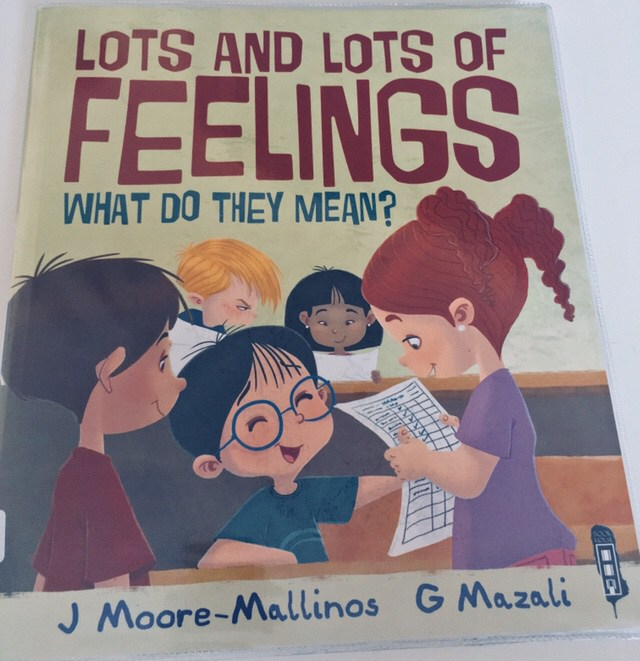
“Sad Book” by Michael Rosen is the author’s own autobiography on dealing with sadness from the death of his son. Told in a simple language that is addresses the emotional heaviness of loss, this book is perfect for little ones for understanding not only depression, but how to be resilient in the face of tragedy.
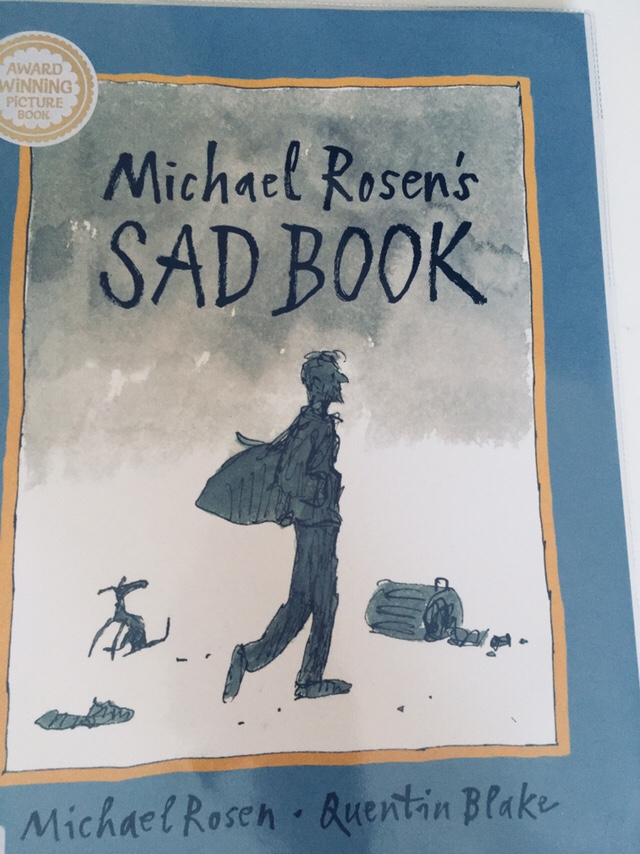
Dawn Hewitt’s “When Someone Dies” is an excellent resource for children who have had to deal with death in the family (including beloved pets). It takes the child through the life cycle and helps explain what death is in the context of life. The book describes what death is and goes through funeral ceremonies among different cultures and religions. I really appreciate the fact that the author addresses grief as a long term feeling “You may still miss someone who has died long after the funeral” and offers fond memories as a powerful antidote to loss. The book also includes helpful notes at the back for parents and teachers, as well as suggestions for extra activities to help the child explore his/her thoughts and feelings.
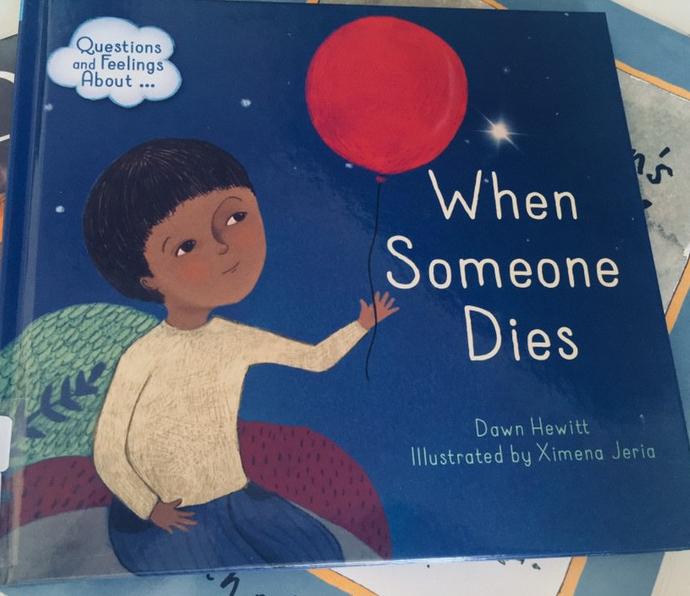
“Daddy’s getting married” is the story of a young girl whose daddy is getting remarried. She goes through all different stages of grief- anger, denial, bargaining, acceptance-to finally appreciating her daddy’s wife as a positive addition to her life:
“When I’m alone, I think of the family I have now and feel happy. Mum and Dad will always be my parents and nobody could ever replace them, bu it’s nice having Cindy around…”
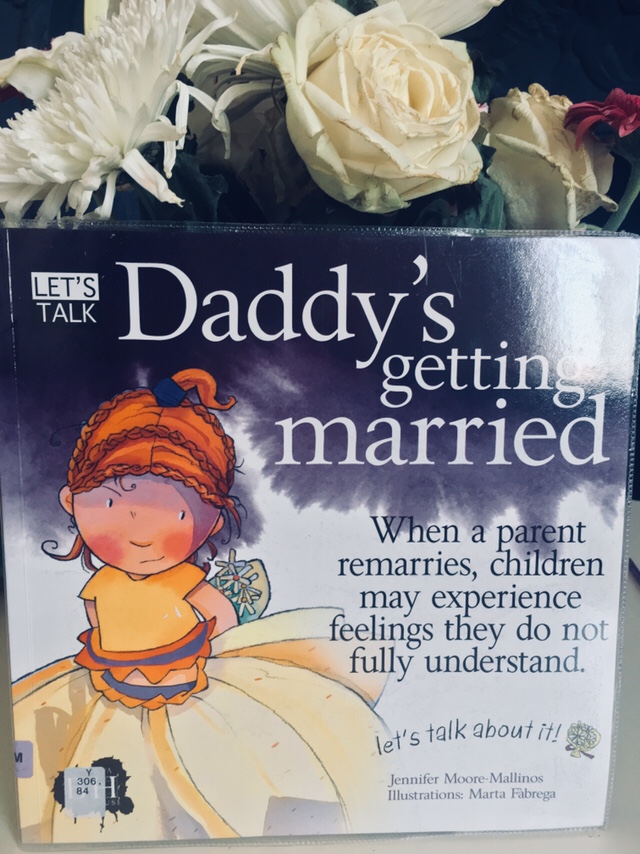
What are children’s books do you find helpful in cultivating positive mental health in your own family?


